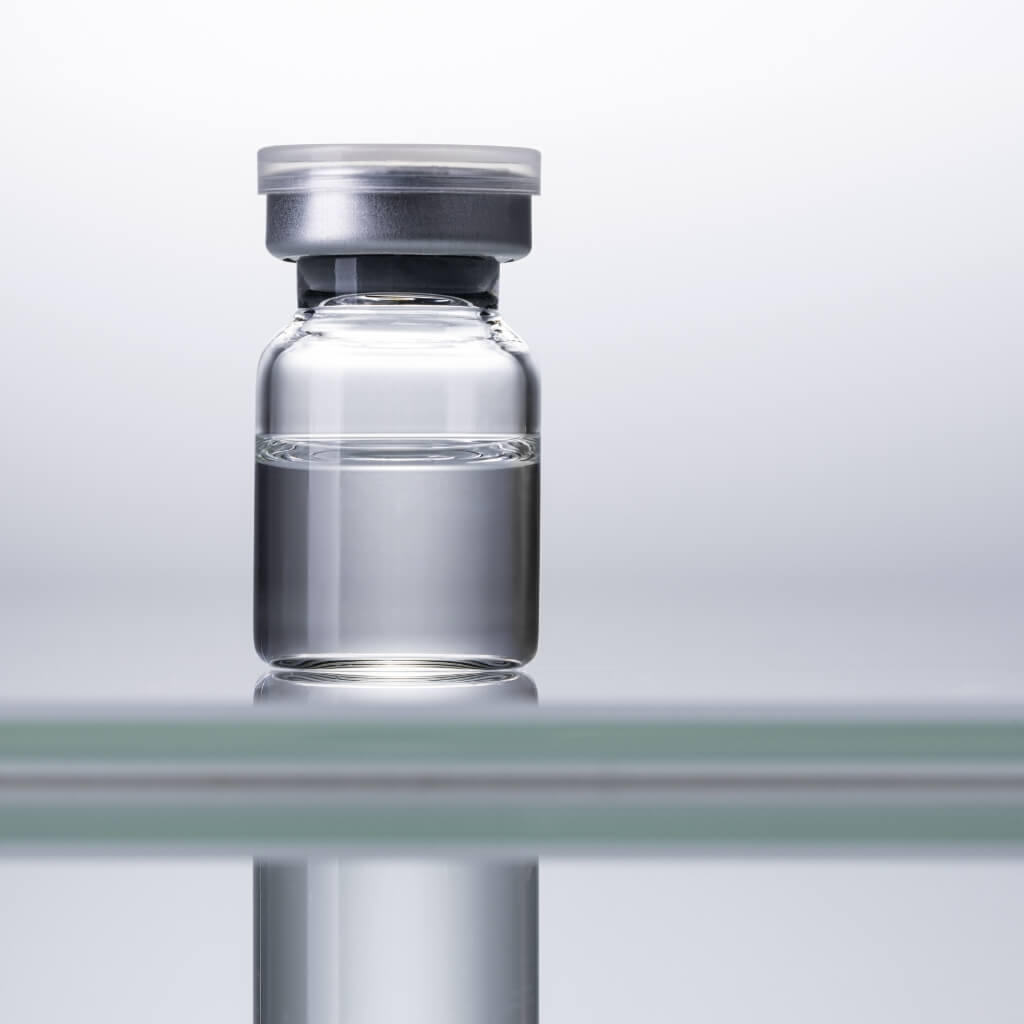Chimeric Antigen Receptor T Cell Therapy (CAR-T): Genetically programmed immune cell binds to and destroys cancer cell / Therapy is now available for the majority of indications
14. February 2022 • Digital Health
14. February 2022 • Digital Health
Avoiding therapy errors with the help of digital technology is the goal of the research cooperation between the TU Dresden and the Leipzig-based start-up diafyt MedTech. Their solution for digital diabetes management combines the use of self-learning AI software from diafyt MedTech with high-tech insulin pens developed at TU Dresden and novel semiconductor sensors for blood glucose measurement.
The digital diabetes therapy of the Saxon research duo has now been honored with the bytes4diabetes Award of BERLIN-CHEMIE AG. The prize is awarded for innovative digital projects related to diabetes therapy. For the Novartis AG Digital Health Award, the collaboration partners are among the seven finalists and are receiving increasing recognition in industry circles for their technology.
Type 1 diabetes is a form of diabetes in which the pancreas does not produce enough or any insulin. Therefore, those affected must inject themselves regularly with insulin to regulate their blood glucose levels. Finding the correct dose is a major challenge. Conventional solutions require sufferers to calculate their insulin requirements themselves. Application errors with the digital smartpens currently available on the market can lead to incorrect doses and severe fluctuations in glucose metabolism. The result is hyperglycemia or hypoglycemia, which not only impairs patients’ quality of life but can even damage organs in the long term.
The digital diabetes therapy of the Saxon research partners makes it possible to identify the individual insulin requirement of the person. To this end, Diafyt MedTech has developed an algorithm that calculates the optimal insulin dose for type 1 diabetics:in and integrates it into a smartphone app. The algorithm observes the individual’s metabolism and calculates the appropriate need for insulin, thanks to self-learning artificial intelligence. The insulin pens developed at the TU Dresden enable convenient and precise injections. They transmit the data and insulin quantities to the app via Bluetooth. There they are further processed and stored. Thanks to artificial intelligence, the suggestions for the required insulin dose become more individualized over time. This reduces the risk of hyperglycemia and hypoglycemia. Another advantage for patients: The smartpen uses additional sensors to detect application errors and helps correct them. This makes everyday life easier for those affected and can improve their life expectancy in the long term.
Source: Press release TU Dresden from 14.02.2022

cell-immune-gene-therapies
Small glas bottle which is normally used to store vaccine
Chimeric Antigen Receptor T Cell Therapy (CAR-T): Genetically programmed immune cell binds to and destroys cancer cell / Therapy is now available for the majority of indications

digital-health
Human who looks onto a recording of brainwaves on his tablet computer and moves the model with his fingers
The Smart Infrastructure Hub Leipzig will receive a further 1,9 million euros from the cluster funding of the Saxon Ministry of Economic Affairs.

cell-immune-gene-therapies
Small glas bottle which is normally used to store vaccine
A relatively small metropolis in Germany’s Free State of Saxony – a dynamic hub for the life science industry? What was just a vision 20 years ago has become a reality for the city of Leipzig, which from October 24-26 co-hosted BIO-Europe, Europe’s largest annual biotech partnering event.

services
Woman who looks at something through a microscope while another woman ist watching her
The European Commission has approved the Saxon ERDF/JTF program for the funding period 2021 to 2027.